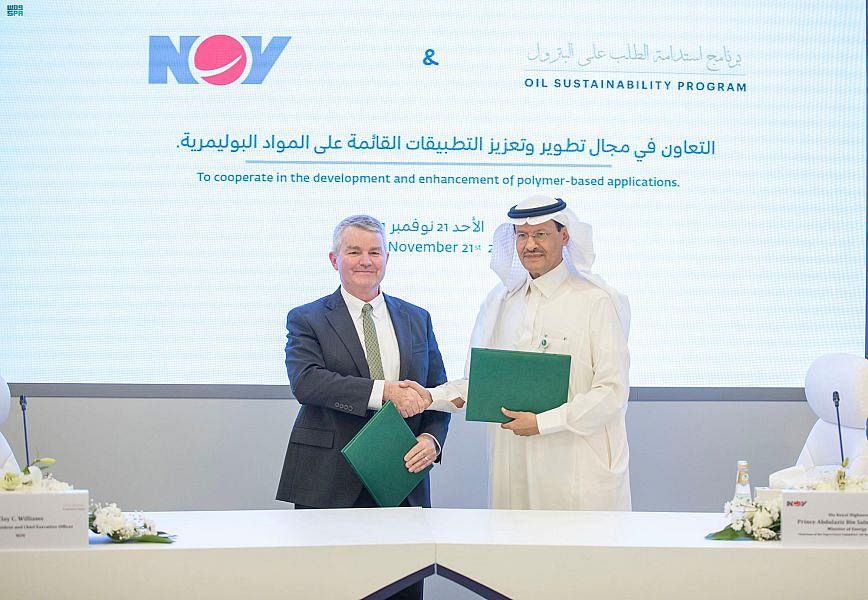
Oil and gas today represent approximately 53 percent of the global energy mix and can be linked directly to the global economic growth, high standards of living and the reduction of the global social problems including the global energy poverty index. They are providing the most reliable and sustainable sources of energy, contributing to the current energy security — if we disregard the geopolitical aspects.
Their positive impact can be easily mapped to most of the UN’s adopted 17 Sustainable Development Goals (SDGs) including the “Affordable and Clean Energy” goal No.7.
Furthermore, the UN has adopted in 2016 a zero-energy poverty stretched goal, to be achieved by 2030 despite the fact that today there are 1 billion people below the energy poverty line, who lack access to the simplest forms of energy such as electricity and cooking fuel, and despite the fact that the world’s population will increase by 1 billion by 2040, most of them will be in poor countries such as African and South Asian. Hence, the current global “energy transition” debate, driven by the environmental challenge and calling to gradually reduce this sustainable 53 percent energy mix is not an option in the short, mid or long terms, but calling to improve its environmental and social footprint is.
Furthermore, calling to stop investment in this strategic sector is also not an option because it will worsen the energy poverty index. The positive impact of oil and gas during COVID-19 pandemic and the current European energy security issue are good testimony to this argument.
Hence, promoting the change of the energy transition’s definition from its current media-driven “calling to get rid of fossil fuels” to calling for all energy sources, without exception, to reduce their environmental footprint and reach close to net-zero net Methane-CO2 emissions by 2050 is a must.
There is also a need to propose a new energy-project equation that strikes a balance between the economic growth, sustainable development, environmental impact and energy poverty, through the right technology, policy and constructive dialogue instead of the current destructive energy debate. In my opinion, it is a matter of time for the oil and gas industry to adopt this new definition.
The oil and gas industry has no choice except to transform itself gradually into a highly efficient and low-emissions’ industry through several initiatives including, but not limited to: Reducing its methane emissions by eliminating the associated gas flaring, which must be mandated to be captured, cleaned and put in better uses such as power generation, fertilizers, water desalination and petrochemicals; developing radical technical solutions to address uncontrolled methane and carbon dioxide emissions “thieve gases” using advanced real-time monitoring including satellites remote sensing. The industry will also look to improve energy efficiency, and carbon intensity of its upstream, midstream and downstream operations, including supply chains. It must look to replace high emissions’ fuels by a combination of natural gas and renewables in the power generation sector, which can result in a remarkable CO2 emission reduction. The industry can launch several mega carbon capture and sequestration projects for storage and enhanced oil recovery purposes. New afforestation initiatives and calls to stop deforestation behaviors must be actioned alongside circular economy practices. Finally, we must focus on the crude-to-chemicals sector with higher R&D investments.
This futuristic sector is expected to convert an oil barrel into non-combustible special-chemicals in the next 20-30 years, reducing the emissions and creating new unprecedented uses of oil, helping in maintaining future global oil demand and absorbing what may become oil excess due to the growth of electric vehicles.
Looking at the current oil and gas industry, we can see a great disparity between countries and oil companies in the transformation stage, as there are those who are at the frontline, such as Saudi Arabia. The Kingdom began this remarkable energy transformation journey more than 50 years ago through several initiatives such as the National Gas Network, which completely limited the process of burning methane associated gas and use it with the non-associated gas to support its petrochemical industry, water desalination, fertilizers and electricity generation, resulting into a very sharp reduction in Methane emissions in the Kingdom.
Another step was the National Efficiency Program, which not only led to a significant increase in the electricity efficiency, but also to a significant reduction of wastage in fuel energy sources such as gasoline and diesel.
The Kingdom also launched several renewable electricity generation projects as part of the Vision 2030 strategic goal to reach 50 percent of its electricity consumption through renewable energy sources by 2030. In addition to several other projects another key step was to launch the carbon circular economy initiative, proposed by the Kingdom to the G20 summit in 2020 and was adopted by the group and welcomed by OPEC. This future program will transform this environmental challenge into economically promising opportunities, making better uses of carbon that would support the global economy and significantly reduce global CO2 emissions.
Finally, the Saudi Green Initiative launched by Crown Prince Mohammed bin Salman to plant 10 billion trees in the Kingdom, which will lead to the absorption of huge amounts of carbon dioxide from the atmosphere, accelerating the Kingdom’s transformation journey. Indeed, the Kingdom has been looked at as an ideal model to follow, through its exciting and successful energy transition journey.
In light of this unprecedented great momentum in the oil and gas industry, investing and leading this exciting challenging energy transformation journey, I must say that the energy future outlook is very optimistic. The world cannot meet its current and future energy growing needs and address its energy poverty stretched goal without oil and gas. At the same time, the oil and gas industry has realized its historical responsibility to participate significantly in protecting the planet earth from harmful emissions, especially CO2 and methane.












